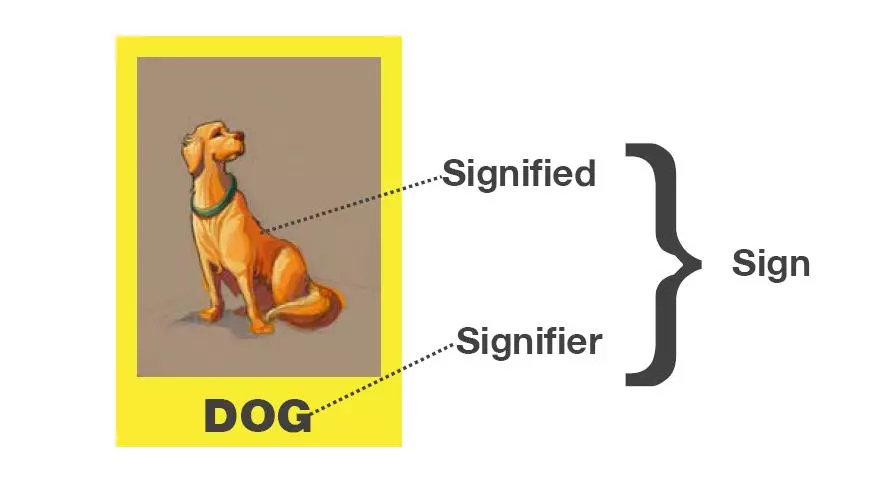I read through the posts after the most recent post of Lewis’s poem. The earlier post was in the TEA thread from last summer, and I posted it after finding a reference to it in Penner’s book (I think page 94).
Part One – Vocab and Theory
VOCAB: (it really helps to know what this means):
Pheidian (having to do with Phedias
(flourished c. 490–430 BCE), Athenian sculptor, the artistic director of the construction of the Parthenon, who created its most important religious images and supervised and probably designed its overall sculptural decoration. It is said of Phidias that he alone had seen the exact image of the gods and that he revealed it to man. He established forever general conceptions of Zeus and Athena.
THEORY
Lewis makes use of the concept of “semiotics,” which is no surprise for an academic in literature to do.
In essence, semiotics is the study of “signs” and of anything that stands for or represents something else.
from: Semiotic Theory – Theoretical Models for Teaching and Research
A visual aid:

In the image we see the parts of the sign, the signified and the signifier. But we still don’t see the actual dog, only representations of the dog. If we begin to contrast those with an actual dog, even the same type in the picture, we will begin to see how far short the picture falls from the thing (dog) itself.
In this poem, Lewis is considering the problem of praying based on our limited and corrupted knowledge and understanding (signified) of God being what we express in inadequate words (signifier). Because we do not experience the immediate (unmediated) presence of God, and couldn’t tolerate or comprehend it, if we could, everything we know or understand about God is different from what God is in himself.
The best we can get to, is never accurate. Is something other than the original.
How do we refer to someone else’s concept of God that falls short of the real thing?
Lewis takes the problem seriously and literally here in the form of a footnote to append to all prayers, which includes a prayer itself.
Part Two – The Poem
If the reader recognizes Lewis’s problem of imperfect concept of God, corrupted by all sorts of things in life, as well as human inarticulateness, then God’s part or action in this poem is particularly important.
What does God do here to aid the speaker?
(1) Knows to whom the speaker bows
(9 - 10) God, in majestic mercy diverts our unskillfully aimed arrows (prayers) toward Himself.
And what does the speaker ask God to do?
(13) Don’t take the literal sense of our words which reflect faulty concepts of him
(14) Translate our limping metaphors (into what they should be and mean).
Many people probably know what “2CV” means (2nd Commandment Violation). Lewis is talking about that. Even if it’s inadvertent, if God took the literal sense of our prayers, even prayers straight from the Bible, we don’t know and understand God rightly, adequately. Without His help in our prayers, we couldn’t even pray without blaspheming.
And God answers our prayers in this way:
(Someone quoted this earlier, but I can’t find it now.)
Romans 8
26 Likewise the Spirit helps us in our weakness. For we do not know what to pray for as we ought, but the Spirit himself intercedes for us with groanings too deep for words. 27 And he who searches hearts knows what is the mind of the Spirit, because[a] the Spirit intercedes for the saints according to the will of God.
Which makes this possible: